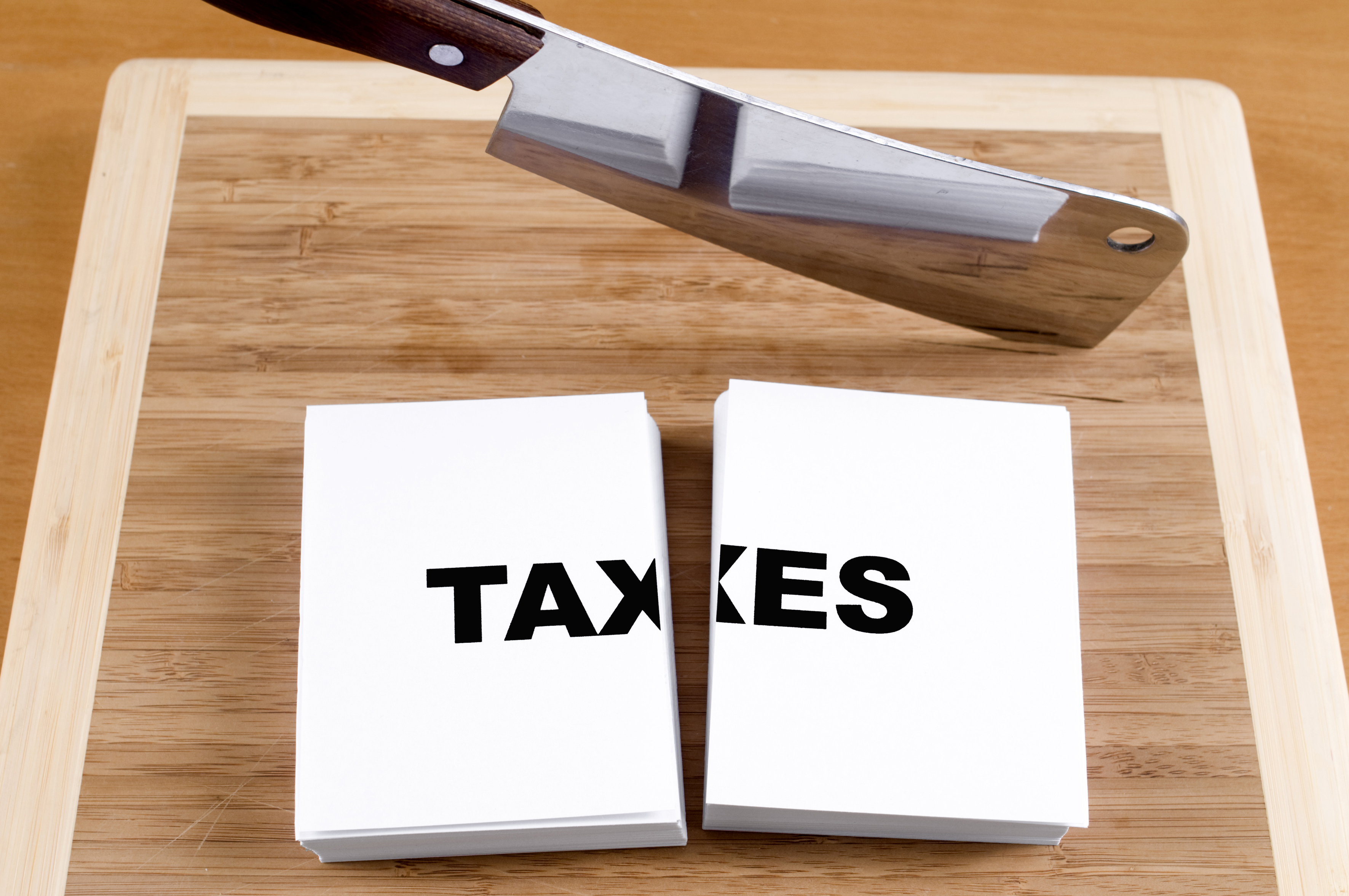Household Bills
How to celebrate no longer working for the taxman…

To celebrate Tax Freedom Day, follow these essential steps and make sure your tax arrangements are in the best possible shape.
According to the Adam Smith Institute, today marks ‘Tax Freedom Day’ – calculated annually by the institute as the day we stop paying the Government taxes and start earning money for ourselves.
Although a day later than last year, it is a day worth celebrating.
This year’s 5 April tax deadline brought some of the most significant changes for taxpayers in recent years, and it pays to keep up to date with all changes that can affect your take home pay.
Making the most of the rate change
Since 6 April 2013 the top rate of income tax fell from 50% to 45%.
Planning in advance by deferring income from the current tax year to the next, and advancing expenditure or deductions into the current tax year can substantially improve your tax position.
Depending on the terms of your contract, bonuses or dividends can be also deferred into the next tax year while advancing pension contributions to before 5 April 2013.
Married couples can work together
Each spouse is taxed separately but an important element of basic planning is to make maximum use of personal reliefs and rate tax bands.
The personal allowance cannot be transferred between spouses, but you can consider giving a gift of assets to distribute income more evenly. For example, you can save up to £400 a year by transferring just £1,000 of savings income from a higher rate (40%) taxpaying spouse to one with income below the personal allowance (£8,105).
This principle extends to Capital Gains Tax (CGT), too. While bed and breakfasting (sale and repurchase) of shares is no longer tax effective, there are two variants which still work; sale by one spouse and repurchase by the other, and sale followed by repurchase via an Individual Savings Account (ISA). Couples can also use these techniques to establish a loss that can be set against any gains.
Children and child benefit
Children have their own allowances and tax bands and it may be possible for a parent to achieve tax savings by transferring income-producing assets to their child. Remember that children also have their own CGT annual exemption of £10,600.
All Government contributions such as the Child Trust Fund (CTF) have now ceased, however existing CTF accounts continue alongside the new Junior ISA. If you are a parent, you, your family and friends can all contribute up to £3,600 annually tax-free, but remember that there will be no Government contributions and no access to the funds until the child reaches 18.
Inheritance tax
Starting early on inheritance planning can significantly help to make the best use of available reliefs. For example, gifts of up to £3,000 a year can be made on a tax-free basis.
The limit increases to £6,000 if the previous year’s annual exemption was not used, and do not forget gifts out of after-tax income, such as regular payments to family members for birthdays or anniversaries.
Most estates don’t have to pay Inheritance Tax because they’re valued at less than the threshold (£325,000 in 2013-14). The tax is payable at 40% on the amount over this threshold or 36% if the estate qualifies for a reduced rate as a result of a charitable donation.
Give it away and save: Charity
Making charitable donations under the Gift Aid scheme can offer significant benefits to both donor and the charity. For example, if you make a cash gift of £80 you can get higher-rate tax relief of £20 so that the net cost of the gift is only £60.
Always remember to keep a record of any gifts you make.
It may also be possible for you to make gifts of quoted shares and securities or land and buildings to charities and claim income tax relief on the value. This has potential to be a great tax efficient measure if you are making larger charitable donations.
Tax efficient investment vehicles
Putting up to £11,520 into an ISA, including up to £5,760 into cash, where your income and gains will not be taxable is a well-known way to save on tax. The government has updated several useful tax efficient vehicles for investors to get the most from their holdings.
The Enterprise Investment Scheme (EIS) and Seed Enterprise Investment Scheme (SEIS) provide attractive income tax reductions for holding investments in small and start-up companies, while Venture Capital Trusts (VCTs) exempt investors from tax on gains from disposal of shares. It is important not to make investment decisions based on tax factors alone, however. Specific investment risks must also be considered.
Claiming all allowances and benefits
Taxpayers’ money is ploughed into a wide variety of state benefits; while some benefits are being cut, make sure the state is giving you what you are owed.
Check tax codes
Be tax aware and make sure your tax code is correct. Some people may be paying too much tax – without knowing it. If a tax code is incorrect, the wrong amount of tax and deductions will be made.
If you think there is a problem with your tax code, contact your local tax office or if you are Pay As You Earn (PAYE), liaise with your payroll department.